Every week, more documents and leaked audio recordings emerge proving that the Tisza Party is preparing for wide-ranging austerity measures but intends to keep them secret until after the elections. At an event in Etyek, the party’s deputy chairman warned the audience that “we mustn’t talk about tax hikes, otherwise we will lose.” According to Zoltan Tarr, “first we must win the elections, and after that, anything goes.” At another campaign event, Gyorgy Suranyi said that for now he does not recommend questioning the utility price cap program in place because it is a “hot issue,” but after the elections the matter could be revisited.
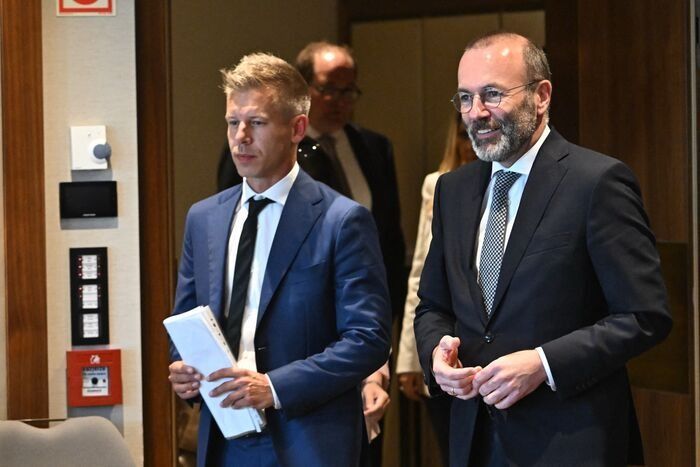
Peter Magyar Misleads Voters
The Tisza Party is trying to keep its planned economic measures under wraps because they would significantly worsen the living conditions of Hungarian households. Based on leaked plans and statements by party-affiliated experts, the party would introduce a multi-tier tax system, keeping the current 15% rate only for gross monthly incomes of up to 416,000 forints (approx. €1070) , with 22% and 33% brackets above that.
This measure would negatively impact three-quarters of workers, with even the majority of those earning below the average wage seeing a reduction in their net income.
In addition, the Tisza Party would abolish tax allowances for at least one million families, as well as for hundreds of thousands of mothers and young people.
In his August 20 speech, Peter Magyar announced that he would cut Hungary off from Russian energy imports, thereby fulfilling one of Brussels’s main demands. Magyar promised that the shift would provide Hungary with greater independence and more favorable supply terms, but — like the tax plan — this is a deception. The ban on Russian energy would instead result in new dependencies, reduced supply security and drastic price increases.
According to previous estimates by Szazadveg, the measure would:
Increase household electricity and gas bills to three and a half times their current level, adding an additional 510,000 forints (approx. €1310) per year in extra costs for an average household,
and push fuel prices above 1,000 forints (€2.60) per liter.

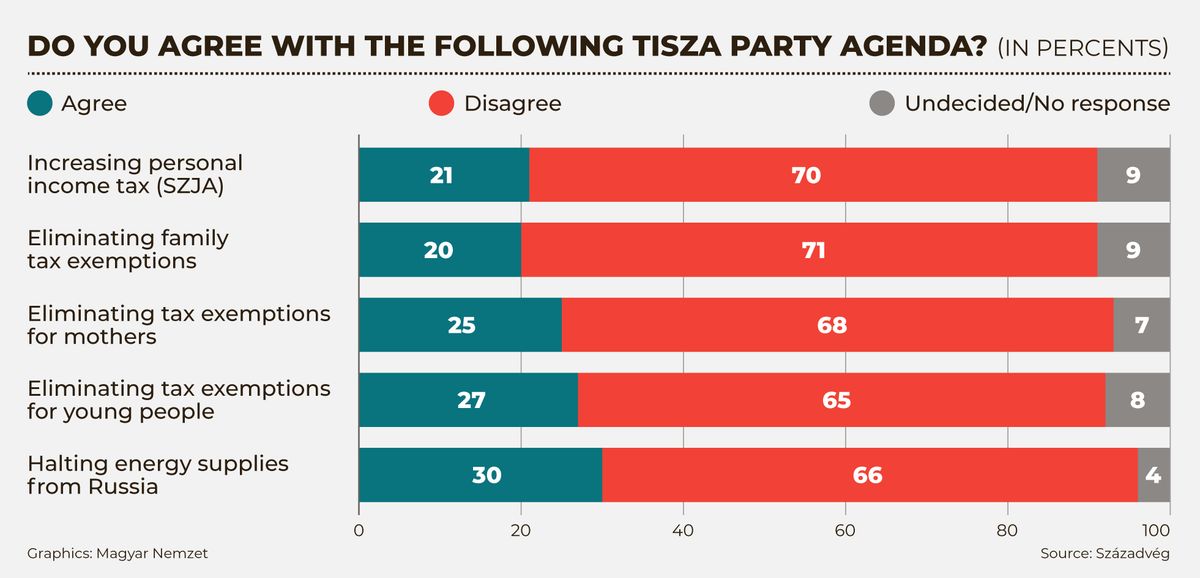


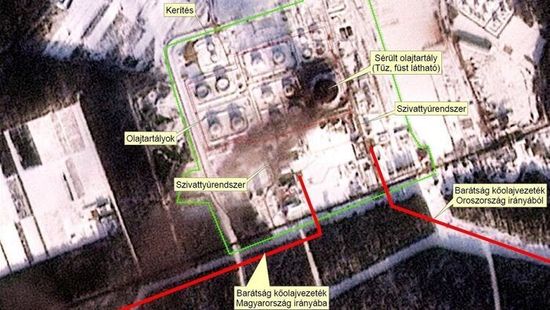
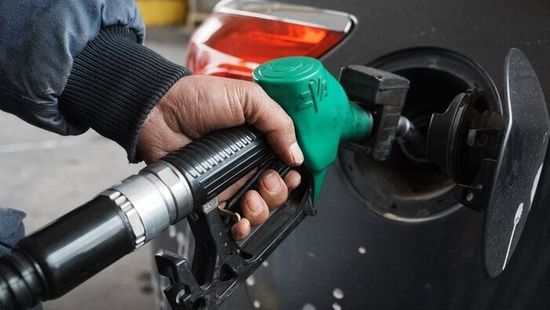







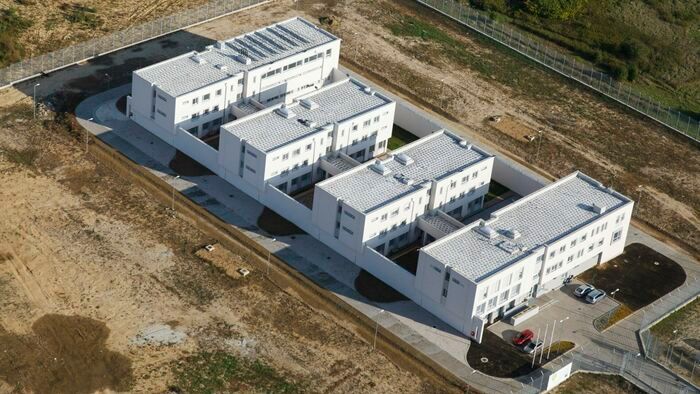
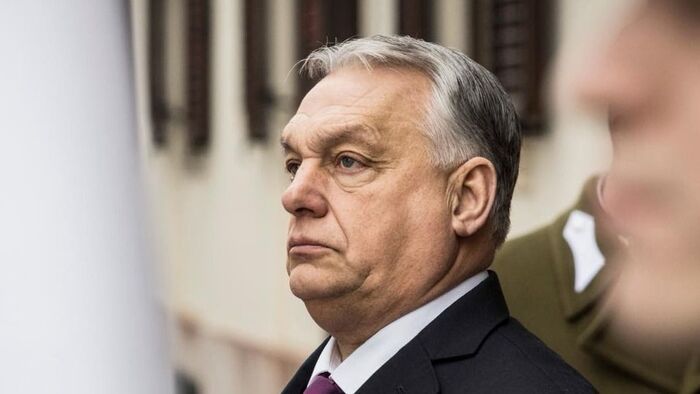


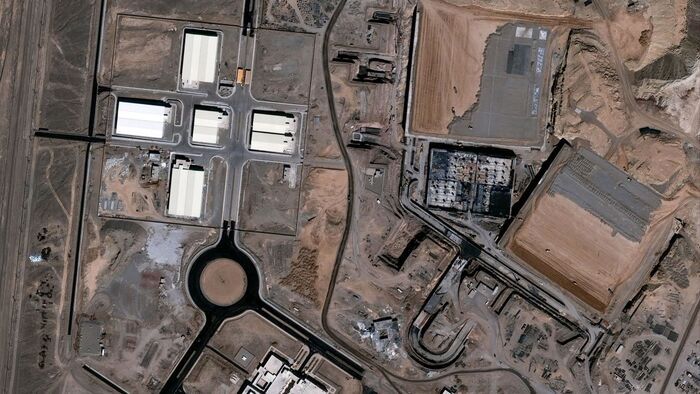
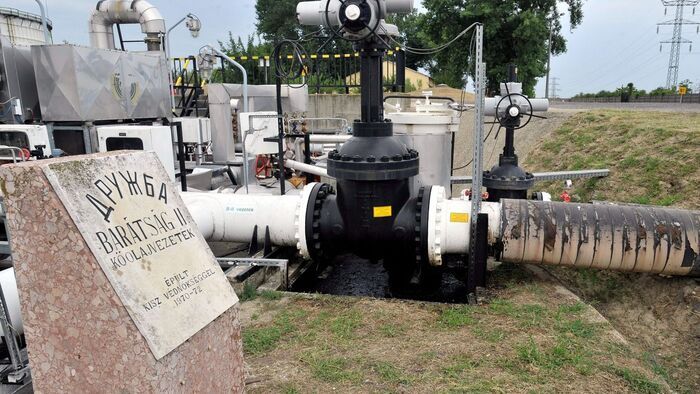




Szóljon hozzá!
Jelenleg csak a hozzászólások egy kis részét látja. Hozzászóláshoz és a további kommentek megtekintéséhez lépjen be, vagy regisztráljon!